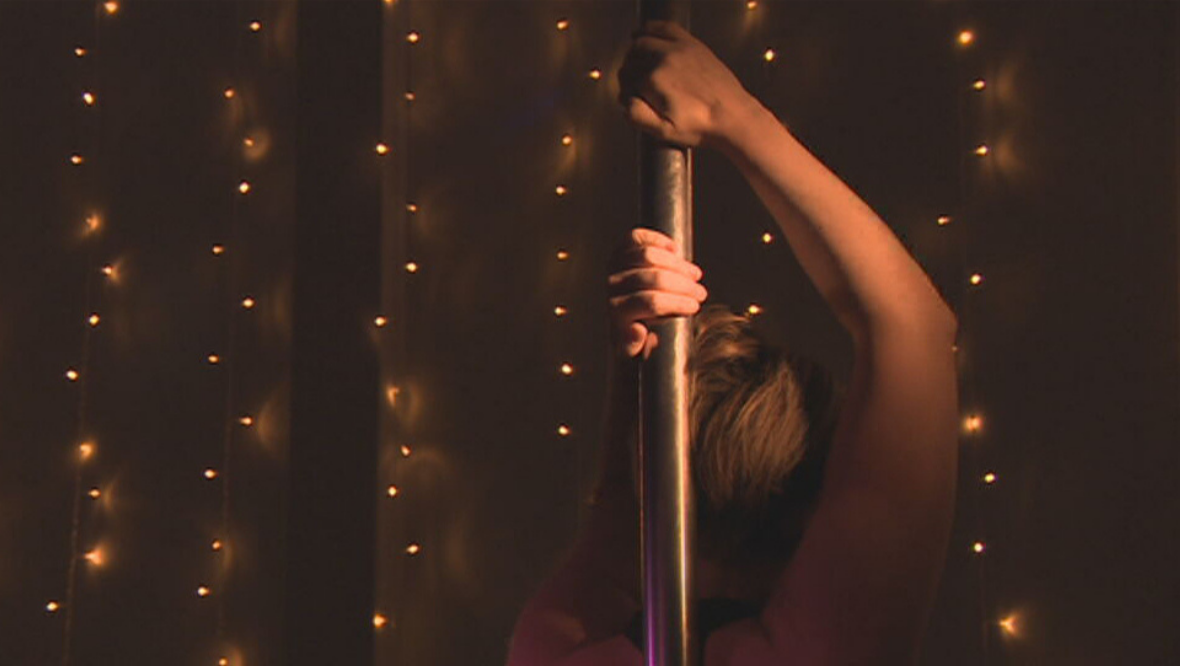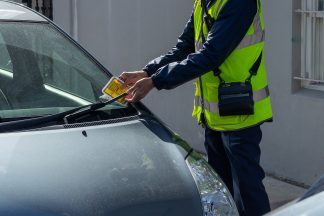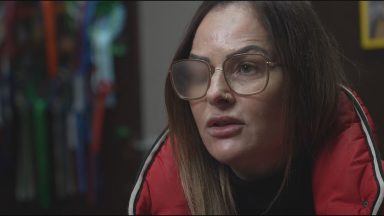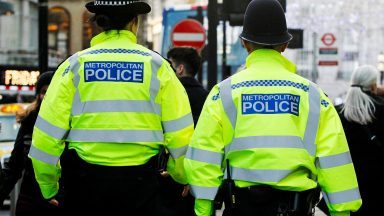Fears have been raised that a strip club ‘monopoly’ could be created in Edinburgh by new licensing rules aimed at restricting the number of venues.
There are currently three strip clubs in the city, and councillors have been warned that only allowing three licences could “push dancers further into the hands of possibly exploitative bosses during a cost of living crisis.”
The warning came in a letter sent on behalf of lap dancers in the capital to members of the council’s regulatory committee.
The committee will meet on Monday to agree the local authority’s approach to regulating sexual entertainment venues (SEVs) after new powers to set up licensing schemes were handed down by Scottish Ministers.
The process of establishing the system has dragged on for over two years after a ‘nil cap’ – which would effectively shut down existing venues in Edinburgh – was supported by councillors but later struck down in court following a challenge from dancers.
The judicial review, which cost the council over £200,000 in legal fees and expenses, found councillors were “wrongly advised” setting the maximum number of venues at zero “would not constitute a ban on SEVs”. Lord Richardson ruled if they had been “properly advised” then a different decision may have been taken.
Council leader Cammy Day has indicated his Labour administration will pursue the strip club ban again, saying a “modern progressive city like Edinburgh” did not need “these types of venues”.
However it is not expected to pass the second time as the councillors on the regulatory committee against a nil cap now outnumber those in favour, following the last local election.
Instead dancers are now urging elected members against setting the cap at three – the number of SEVs currently operating in the city – to “avoid endorsing a monopoly”.
In a letter to regulatory committee members ahead of next week’s meeting, Sex Workers Union (SWU) ‘on behalf of dancers in Edinburgh’ said: “Creating a monopoly by capping the number of SEV licences at three will concentrate all of the Edinburgh industry within three businesses.
“A councillor-imposed monopoly will give the current clubs no incentive to improve conditions as dancers are left with no alternative. With no new innovative businesses with better working conditions, dancers who wish to run their own co-operative nights without bosses will also not be able to.
“Pushing dancers further into the hands of possibly exploitative bosses during a cost of living crisis goes directly against Edinburgh City Council’s duty of care for their constituents.”
In response officials said setting the cap at the number of existing clubs “may not be a form of indirect discrimination” but urged councillors to consider it “as a potential issue”.
A report going to the committee said: “The intention would be to inspect and appropriately monitor any licensed premises and therefore this may address to some extent the concerns about maintenance of standards. If concerns were raised this could be addressed by enforcement action or if required a further review of the policy and licence conditions.”
The council was also urged to reconsider the “egregious cost of licensing fees” in the letter from SWU.
“While it might seem on the surface that business owners are the ones absorbing it, it is almost invariably passed down to dancers in the form of increased house fees, higher percentages per dance, or other kinds of fees,” it said.
“The ongoing pressure from small but vocal pressure groups to close down strip clubs means that the annual licence renewal comes with stress and uncertainty that other licensed premises and their staff do not have to encounter. This discourages workers from reporting exploitative incidences for fear of repercussion upon the premises.”
Follow STV News on WhatsApp
Scan the QR code on your mobile device for all the latest news from around the country


 STV News
STV News

























